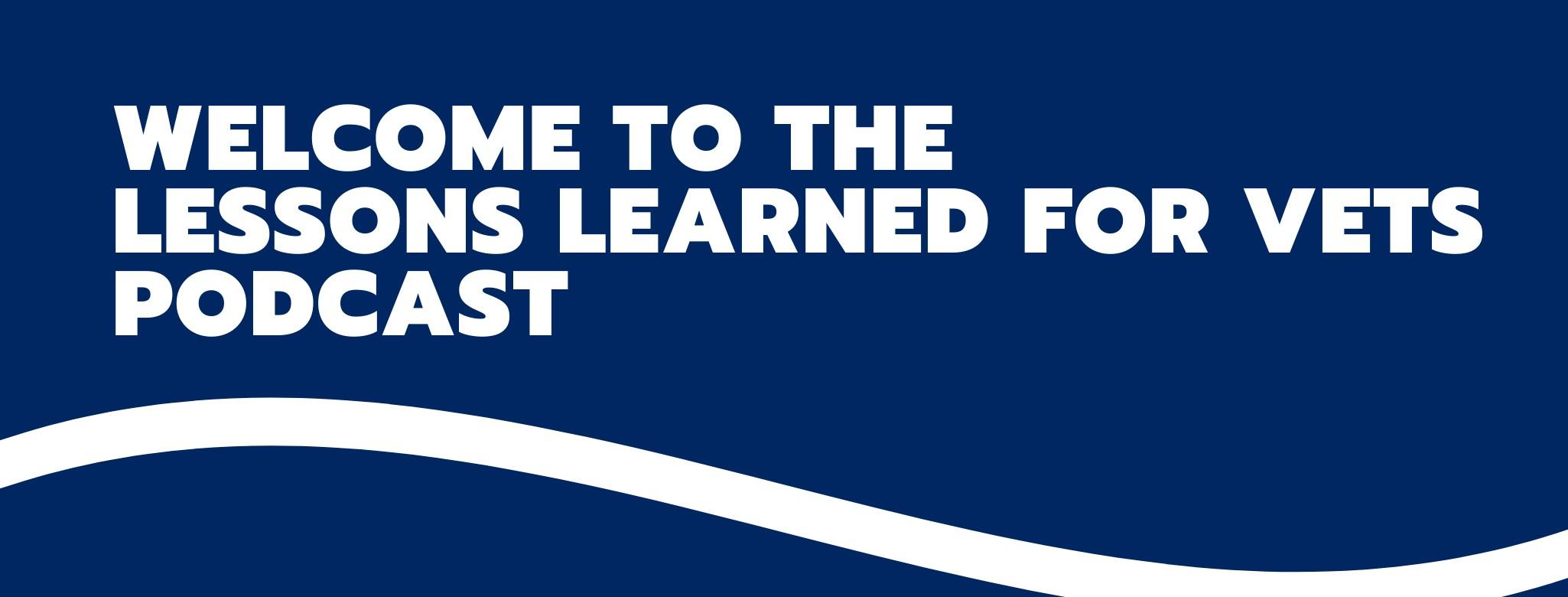
Season 3 Episode 136: Focusing on the Next Step with Kim Campbell
After a 24-year career serving as a fighter pilot and senior military leader, Kim “KC” Campbell retired from the United States Air Force and is now the Managing Director of Victory Strategies, a leadership development firm, and serves on the board for Special Operators Transition Foundation. While serving in the military, Kim flew more than 100 combat missions in both Iraq and Afghanistan. She is the author of the best-selling book Flying in the Face of Fear: A Fighter Pilot's Lessons on Leading with Courage.
Many fighter pilots choose to fly commercially once they leave the military. As Kim reflected on the reasons she wanted to retire, she realized that a career in commercial piloting would not give her the stability she was seeking. With a husband and two young children, Kim wanted to spend more time with her family. Kim’s final job in the military was Director of the Center for Character and Leadership Development. In this role, she helped mold and develop the next generation of leaders at the Air Force Academy. Because Kim had tried to retire previously, she had the time to reflect and build her network before leaving the military. Kim encourages transitioning service members to be open to new opportunities and have confidence in their ability to figure new things out.
Kim addresses the civilian perception of a military leader – a reserved, credible, strong, powerful and closed-minded individual. Kim argues that many of the best leaders she encountered while serving were credible, humble, approachable and willing to ask questions. The military is known for challenging its leaders to find solutions in dynamic situations. Military leaders tend to be adaptable, flexible and creative problem-solvers in the civilian workforce.
Kim outlines several leadership strategies in her book. After studying data and reflecting on her own career, Kim believes the best way to influence and lead is pairing credibility with warmth. By warmth, she means the ability to authentically interact with people and listen to new ideas. This strategy creates trustworthiness and approachability. Another strategy comes directly from her experience as a fighter pilot: Aviate, Navigate and Communicate. Aviate is the ability to focus on the most important issue at hand. Navigate is figuring out where you are going and what you need to do once you have control of the situation. Communicating with others not only lets them know about the issue but provides them with an opportunity to assist.
A lesson Kim continues to learn and relearn is the ability to ask for help or accept assistance when it is offered. In the times that she has accepted help from others, she has been a better leader, mom and spouse. She encourages others to accept help during the transition process.
Kim reflects on her dual-military marriage. She and her husband learned very early on that they needed to communicate openly about their needs and wants before they became larger issues. They realized that each of them would need to make personal and professional sacrifices for the marriage to work.
Subscribe to our YouTube channel at https://tinyurl.com/llforvets22.
Connect with Kim at https://www.linkedin.com/in/kim-kc-campbell/
Explore Flying in the Face of Fear at
SUBSCRIBE & LEAVE A FIVE-STAR REVIEW and share this with other veterans who might need help as they transition from the military!
Are You Struggling to Write Your Resume?
I created the Veteran Resume Self-inspection Checklist to lessen the resume writing struggle for veterans. This 11-item checklist will educate you in resume best practices while giving veterans a guide to assess their resume and determine if it's ready to send to employers.
Download Your Checklist Here




